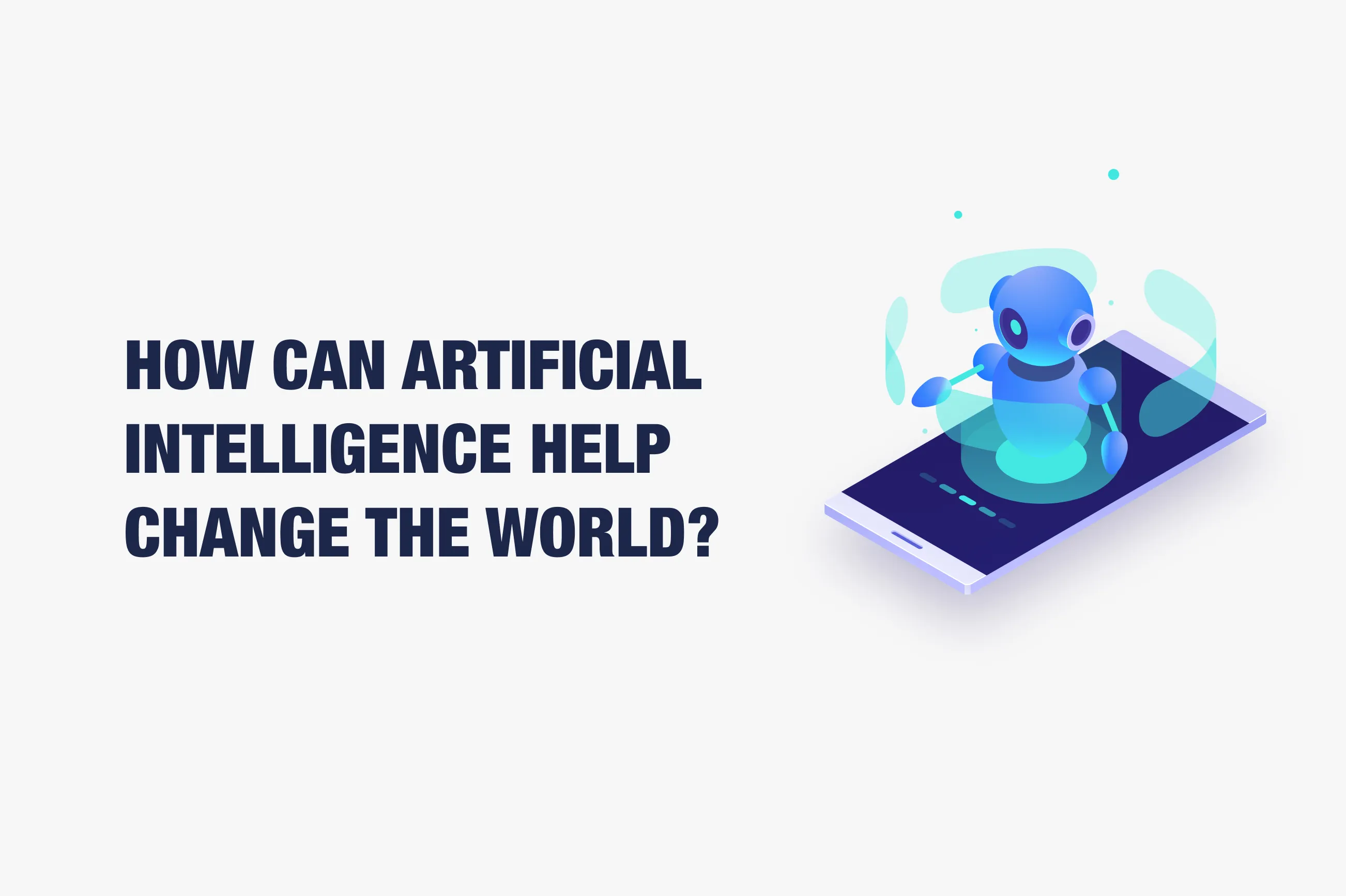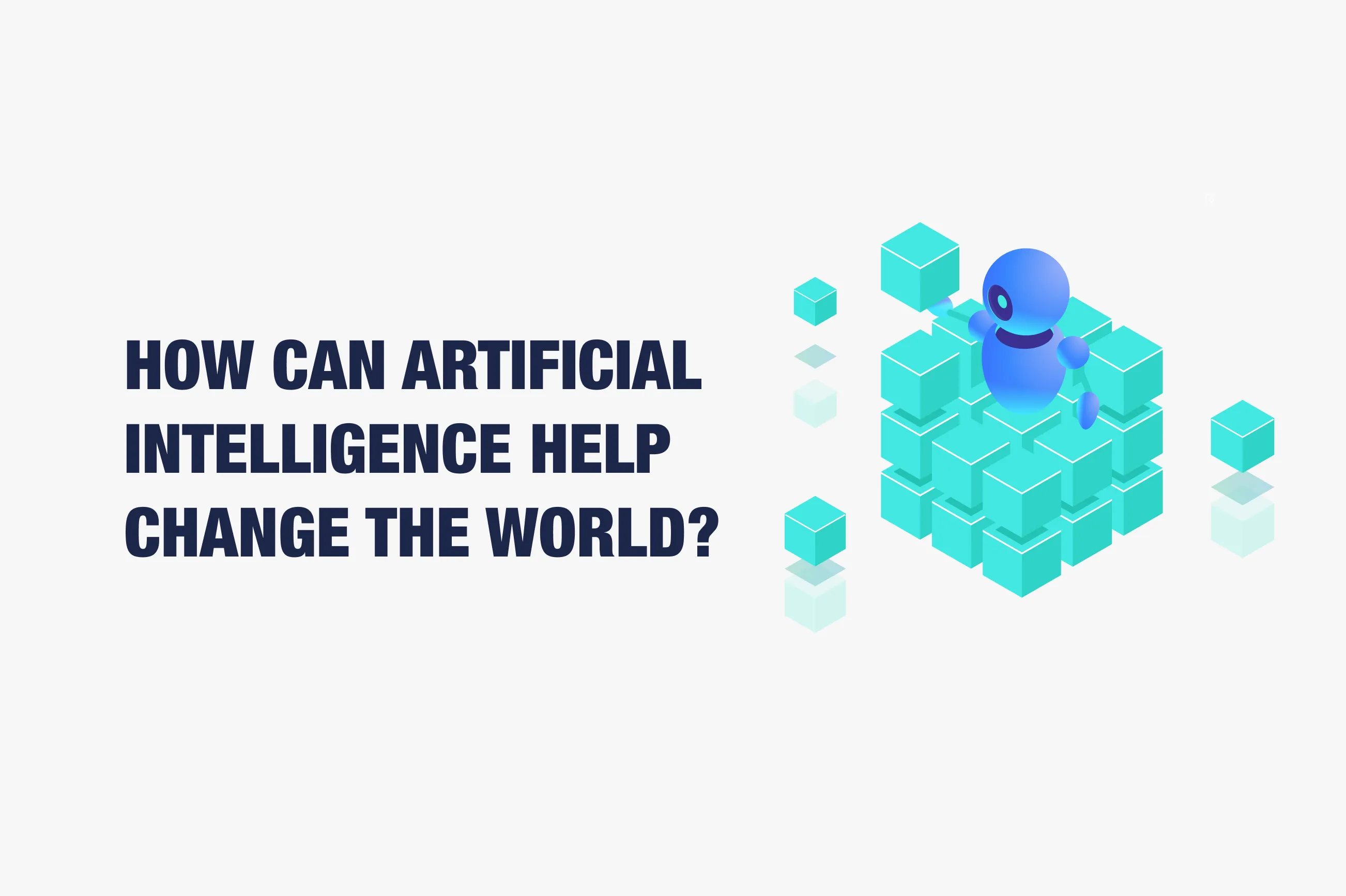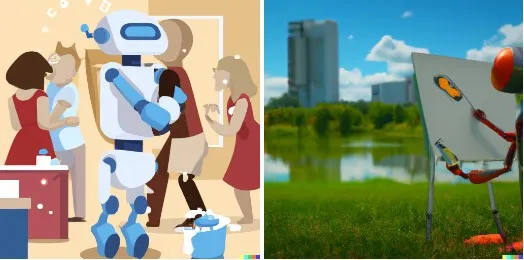In the 1800s, steam engines changed the world. In the 1900s, it was electricity. Today? It's artificial intelligence. If you're like me, you've probably been hearing about how AI will change everything for a long time now. And maybe you've even gotten frustrated by all the hype and confusion around what is actually happening with AI right now in real life. So here's my take on why this trend matters — and why it's going to be one of the most important technologies of our time if we can figure out how to use it ethically.
Revolutionary Inventions of Mankind

In the 1800s, steam engines changed the world. Steam engines were the first machines to power factories, transportation and electricity generation. They also powered public utilities such as water heaters and gas lamps.
In the 1900s, it was electricity. Electricity was a huge breakthrough that changed the world in many ways. It changed the way people lived and worked, and it's still very important today.
In the 2000s, we had the internet. The internet also changed our lives in many ways—it made us more connected than ever before and allowed us to access information quickly and easily across a variety of devices like smartphones or laptops as well as computers themselves (which were already quite popular).
Today, it's artificial intelligence. Artificial Intelligence (AI) is a broad term that refers to computers that can learn, make decisions, and carry out tasks based on data. AI is often used as part of a machine learning system. Machine learning systems use algorithms to train computers to identify patterns in data in order to make predictions or conclusions about the world around them.
Machine learning systems have been around for decades, but today's advancements have made it easier than ever for anyone with access to big data sets and the right computer hardware to build an AI system capable of making complex decisions without human intervention.
What Can Artificial Intelligence Offer Us?
Artificial Intelligence is going to create millions of jobs, save millions of lives and it can be used to make the world a better place by reducing environmental damage, optimizing public transport systems, and helping end poverty around the world.
But AI is also a tool that can be used for evil. It’s not hard to imagine how an AI system could be used to hack into banks and steal money, or even hack into nuclear weapons systems and launch a devastating attack on another country.
AI is going to help make unstructured data more useful than ever before. Unstructured data includes images, text, and video. It’s much more difficult for machines to analyze than structured data, which are in tabular or spreadsheet formats. But with the help of AI-powered technologies like neural networks, computers will be able to sort through unstructured information much more easily. For example: A computer trained in image recognition may be able to tell you whether an image contains a cat or not; or a machine learning algorithm could summarize a long article into a few sentences using natural language processing (NLP) technology.
It’s no wonder that companies like Apple and Google have been acquiring startups focused on NLP and other areas where artificial intelligence can assist humans working with unstructured data!
Machine Learning in Medicine

Medicine is about to become dramatically more effective and efficient. One of the biggest impacts that AI will have on healthcare is to help doctors make better decisions. Doctors today can only see and treat one patient at a time, which means they're limited in their ability to use their knowledge and experience from previous patients as well as other relevant information about that patient's symptoms or condition. This creates an inherent risk of making false assumptions, missing key pieces of data, or simply getting caught up in the moment with regards to treatment options and outcomes.
AI systems will be able to assist doctors by helping them gather more information about their patients than ever before—and not just from medical records but also through data analysis tools. These machines will analyze large datasets related to diseases or conditions so that doctors can get accurate diagnoses more frequently earlier on in the process when it matters most…
AI in Art
AI can help artists find inspiration.
Artists often struggle to find new ideas for their work, but Artificial Intelligence can make this process easier by analyzing previous content and creating new pieces based on them. For example, when a company called Prisma analyzed paintings by Bosch, Renoir and Van Gogh using deep neural networks (a type of machine learning), they were able to generate impressions that looked just like the originals. This technology could be used as a tool for artists looking for inspiration or to create copies of famous works that have been lost over time.
And here are some examples of what DALL·E 2, which was developed by OpenAI, can do:

1) AI does household chores while people hug.
2) AI draws a picture against the backdrop of skyscrapers and a green lawn, next to the river.
AI can help artists create new artworks based on existing ones.
The same way that computers have learned how to write poetry through analyzing thousands of poems written by humans, they could also learn how to draw portraits based on photographs or other visual sources such as videos or paintings from centuries ago -- even if someone hasn't seen those images before! As long as there's enough training data available (and there definitely always will be), computers will soon be able to mimic our creativity without any human intervention required whatsoever - making us obsolete in terms of artistic production entirely... which really sucks because I love my job so much :(
Conclusion
AI will be one of the most important technologies of our time if we can figure out how to use it ethically. AI will help us solve problems that are too complex for humans to solve alone, and make it easier for us to learn and understand. We need to think about how we can make sure that everyone benefits from AI as much as possible, so that it’s not just a tool used by those who already have power in society.
The question isn’t whether or not we should use artificial intelligence. The question is how we can get the most out of it while respecting its potential to create harm—and, more importantly, how we can do so in a way that considers both short- and long-term consequences of our actions. We need to be thoughtful about what AI means for society as a whole, and where it fits into our lives.
P.S. Thank you for reading this article! Have you noticed anything strange? The fact is that this article was written using AI :)
Today, big data and machine learning play a very important role in many areas, including business. As a startup development company, we always keep our finger on the pulse and use the most relevant tools. Therefore, if you have cool startup ideas and are looking for a professional development team, Owlab is at your service!